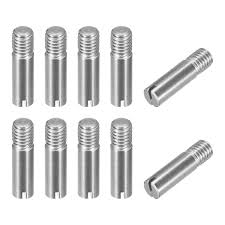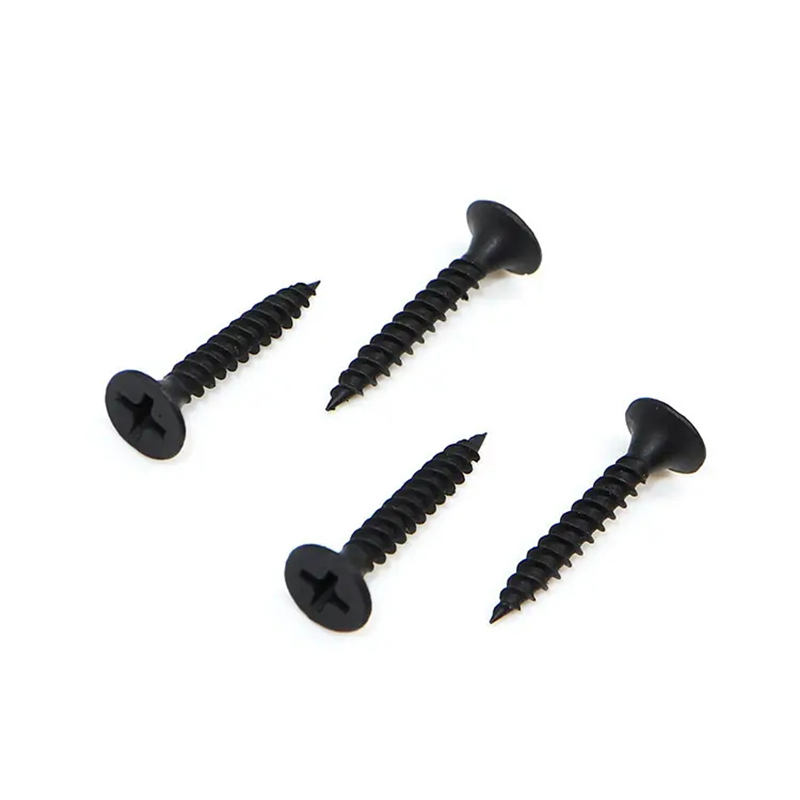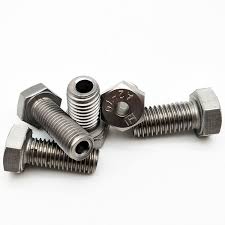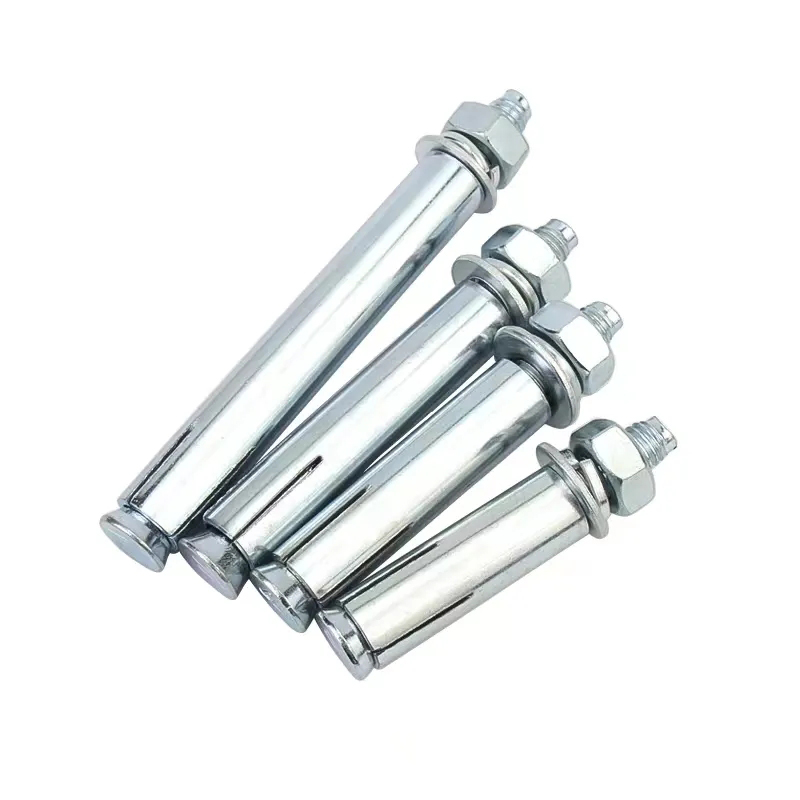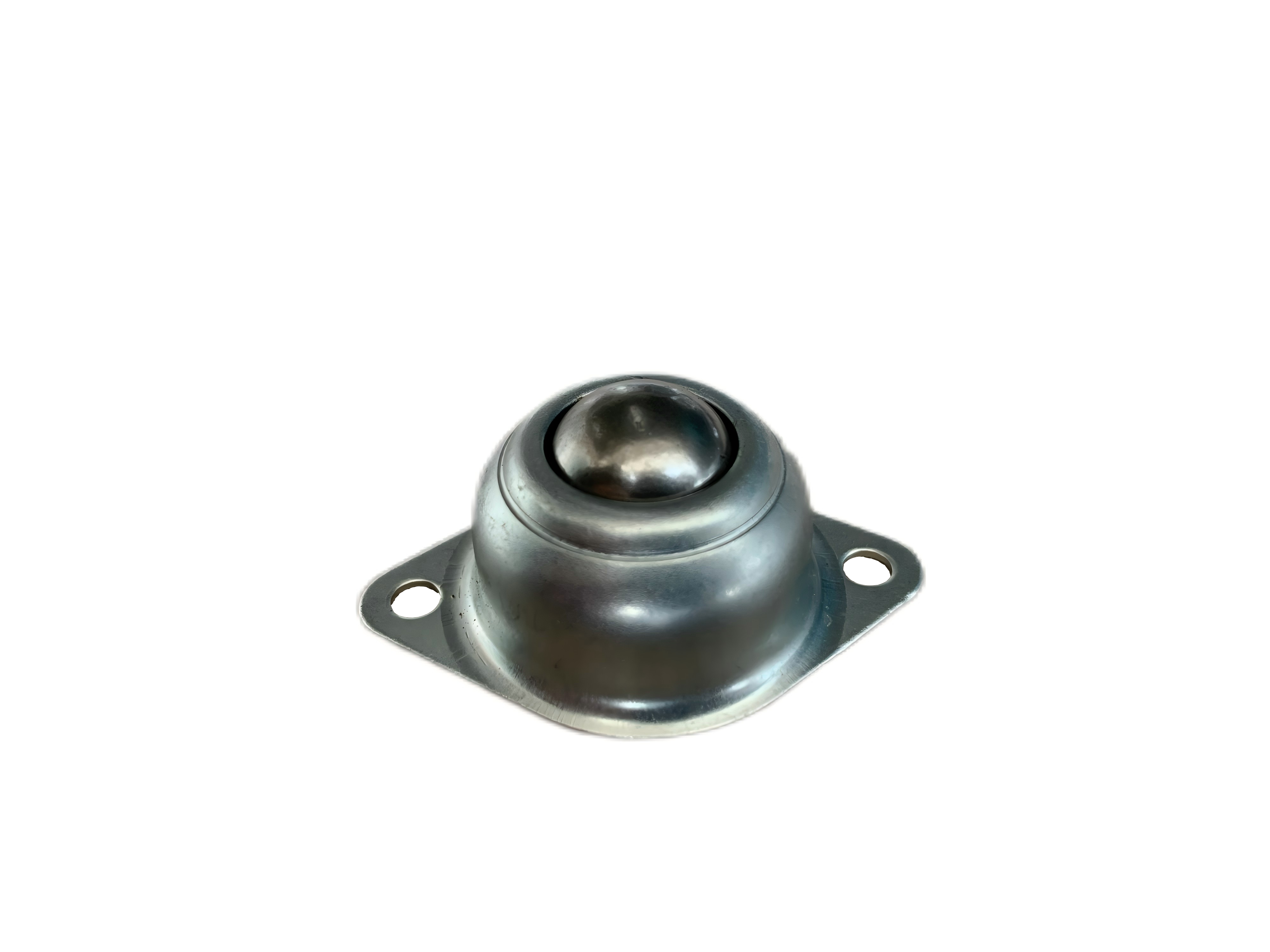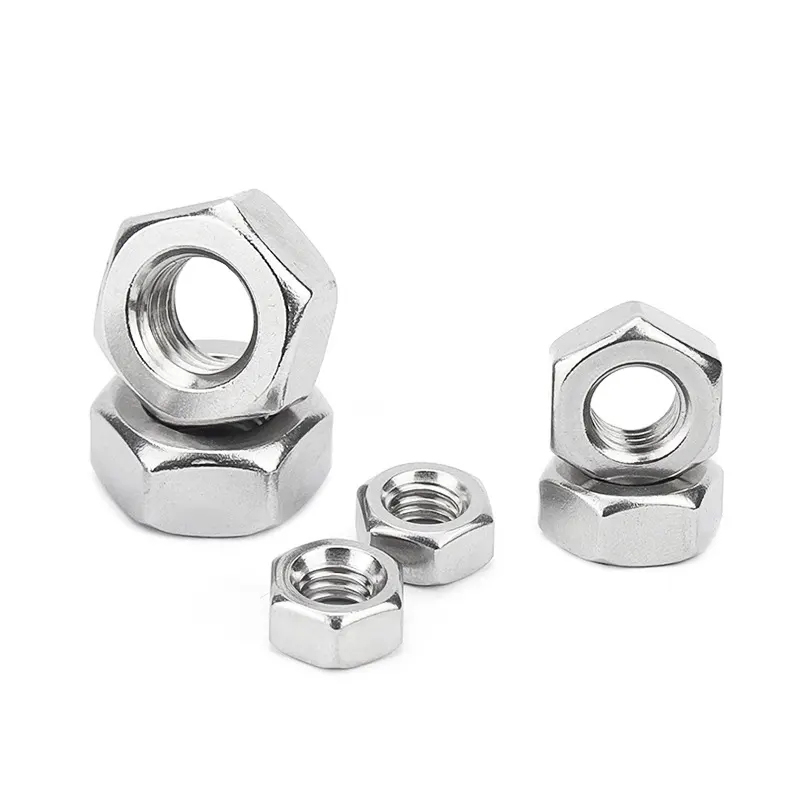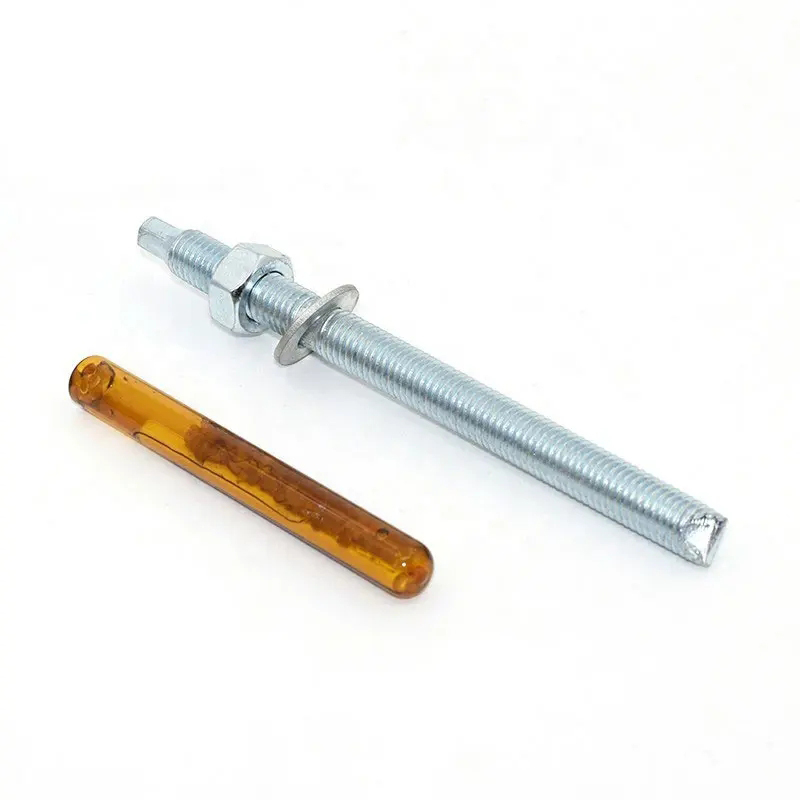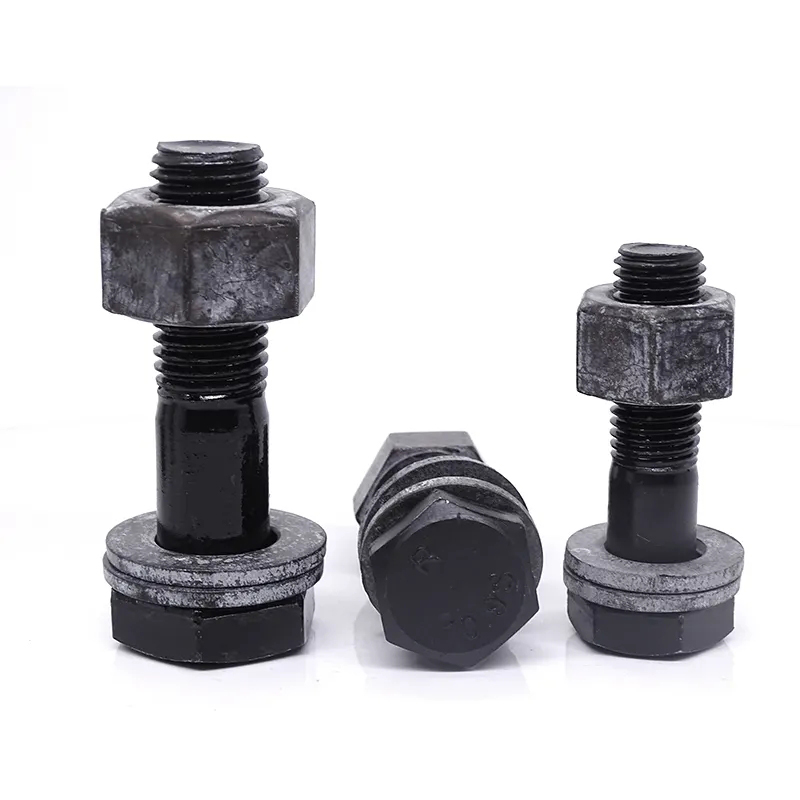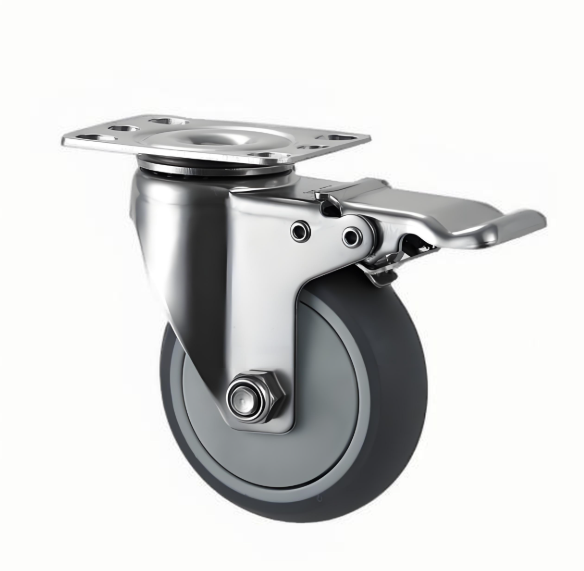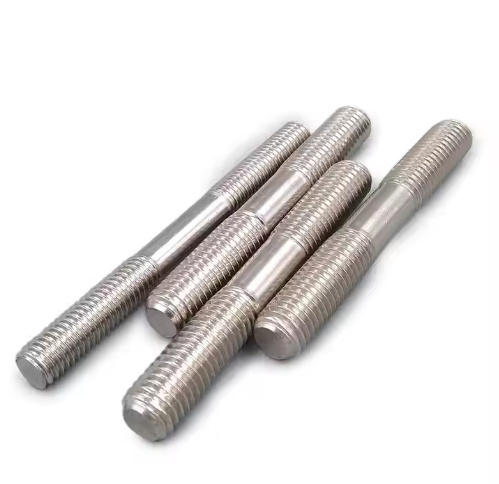

This comprehensive guide explores the world of round nuts, covering various types, applications, materials, and selection criteria. We'll delve into the key features that distinguish different round nuts and help you choose the perfect one for your specific needs. Whether you're a seasoned engineer or a DIY enthusiast, this article provides valuable insights and practical advice to ensure you make informed decisions when working with round nuts.
Standard round nuts are the most common type, typically made from steel, brass, or other metals. They are used in a wide range of applications where a simple, reliable fastening solution is required. The dimensions and thread types vary depending on the standard (e.g., UNC, UNF, Metric). Consider factors like material strength, corrosion resistance, and the required thread size when selecting a standard round nut. Many suppliers offer a wide range of sizes and materials, making it easy to find the right fit for your project.
While the term might seem contradictory, hex round nut often refers to a round nut with a hexagonal shape incorporated into its design. This hexagonal section provides a larger surface area for gripping with a wrench, making them easier to install and tighten, especially in tight spaces where a standard round nut might be difficult to access. This design improvement is particularly useful in applications where access is limited. These are often seen in applications demanding more torque control.
Slotted round nuts feature a slot cut into the body. This allows for easy alignment and installation, especially when working with threaded rods or other components where precise placement is crucial. This design feature makes them especially useful in scenarios where a precise fit is needed and where adjustment after initial installation is necessary.
Beyond the common types, specialized round nuts exist for specific applications. These might include captive round nuts (designed to remain attached to a component), self-locking round nuts (featuring mechanisms to prevent loosening under vibration), or those made from specialized materials (such as stainless steel for corrosion resistance or nylon for electrical insulation). The choice depends greatly on the demands of the application.
The material of your round nut significantly impacts its performance and lifespan. Common materials include:
| Material | Advantages | Disadvantages |
|---|---|---|
| Steel | High strength, cost-effective | Prone to rust without proper coating |
| Stainless Steel | Excellent corrosion resistance, high strength | More expensive than steel |
| Brass | Good corrosion resistance, attractive appearance | Lower strength than steel |
| Nylon | Lightweight, good electrical insulation | Lower strength than metals |
Round nuts find applications across various industries, including:
Their versatility makes them suitable for countless fastening tasks, from securing small components to supporting heavy loads.
For high-quality round nuts, consider reputable suppliers with a proven track record. For a wide selection and competitive pricing, explore options from various manufacturers. Remember to always check product specifications and certifications to ensure they meet your project's requirements. One such supplier offering a diverse range of fasteners is Hebei Dewell Metal Products Co., LTD, a leading provider of high-quality metal products.
Choosing the right round nut is crucial for the success of any project. By understanding the various types, materials, and applications, you can make informed decisions that ensure both functionality and longevity. Remember to always consult the specifications and guidelines provided by the manufacturer.


